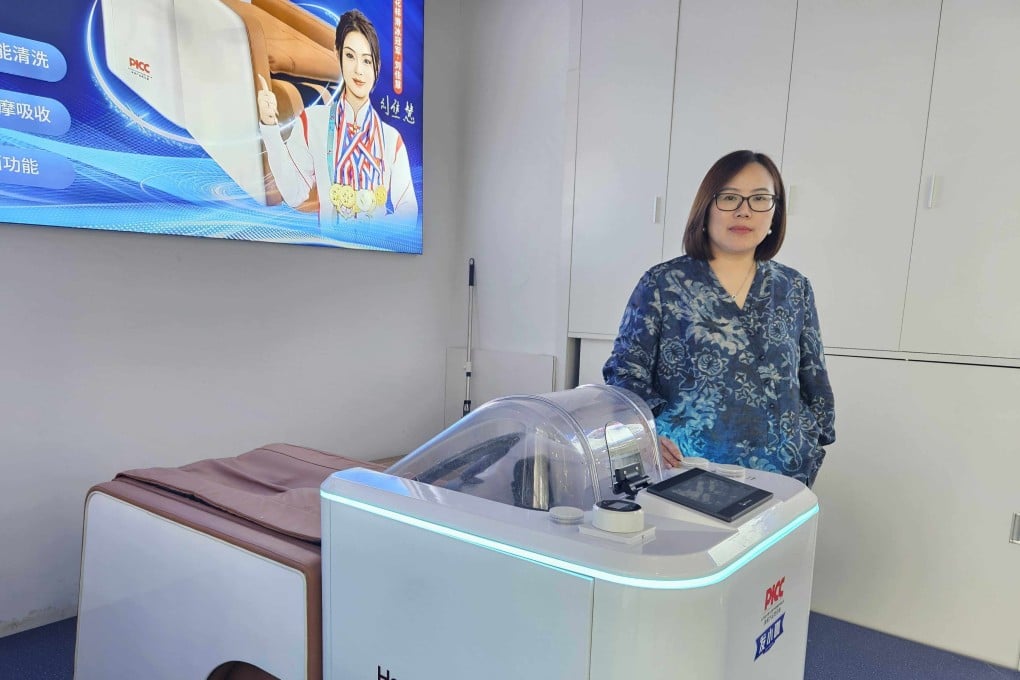From stem to stern, South Carolina’s lawsuit system is broken — and anyone who’s run a small business, owned a restaurant that offered alcohol or driven a truck knows it. Sky-high insurance rates, nuclear verdicts and the chilling fear of being held responsible for another person’s actions have become all too common in our state because of our patchwork civil liability system known as “modified comparative negligence.” That’s why lawmakers have prioritized tort reform this legislative session.
But not all reform is created equal. The South Carolina House of Representatives has done a good job addressing the liquor liability issue, but if the General Assembly settles for the House’s narrow liquor liability bill (H.3497) instead of the Senate’s comprehensive tort reform legislation (S.

244), the Palmetto State will miss a golden opportunity to provide justice for everyone — from truckers to tavern owners. Let’s be clear: Liquor liability is a serious issue. Insurance rates for bars, restaurants and event venues are soaring, driving some out of business entirely.
H.3497 proposes an opt-in solution allowing lower insurance minimums for some establishments and tying insurance mitigation to factors such as hours of operation and service style. That gets us halfway to justice — but only halfway.
What H.3497 doesn’t do is fix the broken legal framework that allows bars — or any business, for that matter — to be held 100% financially liable for minimal damages they actually caused. Under South Carolina’s version of “joint and several liability,” a business found minimally at fault (just 1% in some cases that involve a twisted definition of “negligence”) can still be required to pay the full damages awarded in a lawsuit if other responsible parties can’t pay or weren’t presented to the jury.
That’s not justice; it’s targeting under the color of law. S.244 takes on this structural unfairness directly.
It allows juries to allocate fault among all responsible parties — including those who settled before trial or weren’t named as defendants — and ensures businesses, from bars and restaurants to trucking companies, are only required to pay their fair share of damages. With S.244, tort reform sends needed help to a wide range of industries across the Palmetto State.
That’s what comprehensive reform looks like. Critics have argued in these pages that S.244 is bad for victims .
I agree that victims deserve full compensation, and in a just system, they should get it. But it’s not justice when trial lawyers target those with the deepest pockets. The Institute for Legal Reform has calculated that in South Carolina the “lawsuit tax” would come out to $3,181 per household if merchants and insurance carriers passed all of their lawsuit costs along to their customers.
Editorial: SC Senate's liquor liability bill repeals one of few tools to deter DUI S.244 doesn’t ignore liquor liability. In fact, it includes smart provisions to address it — like creating mandatory (not optional, like H.
3497) alcohol server training, mandating the use of forensic ID scanners for late-night establishments, clarifying liability standards, strengthening penalties for knowingly overserving and establishing a more realistic insurance minimum. It also mandates monitoring of the liability insurance crisis by directing the Department of Insurance to report annually to the General Assembly. These are long-overdue, data-driven changes that make South Carolina’s business environment more stable and transparent.
The choice in front of the General Assembly is simple: Pass a limited, temporary cure for one symptom (H.3497), or take a holistic approach and cure the entire disease (S.244).
True tort reform ensures fairness for all parties, encourages personal responsibility and makes South Carolina a better place to live, conduct business and raise a family. Let’s not settle for the Pyrrhic victory of winning the battle but losing the war. Let’s get full and comprehensive lawsuit and liability reform done this legislative year.
Phil Hughes is president of Hughes Investments of Greenville..
Technology

Commentary: Legislators should fix the lawsuit problem — the whole problem

From stem to stern, South Carolina’s lawsuit system is broken — and anyone who’s run a small business, owned a restaurant that offered alcohol or driven a truck knows it. Sky-high insurance rates, nuclear verdicts and the chilling fear of...















